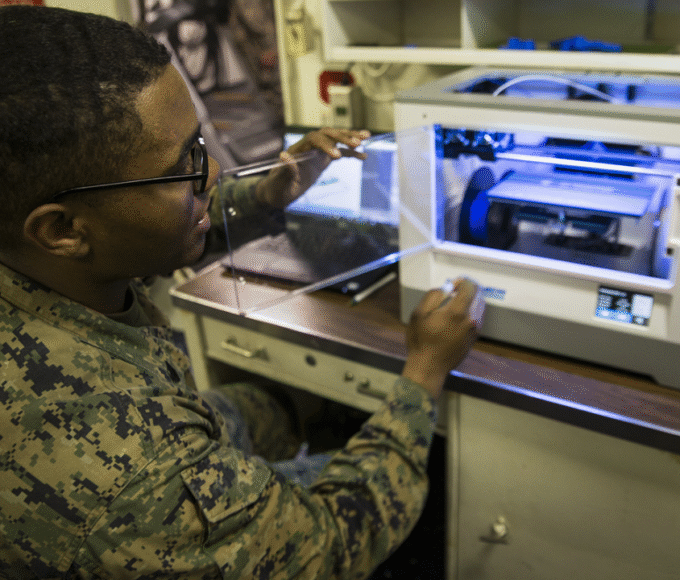
AFRICA’S BLUE ECONOMY: UNLOCKING A WAVE OF SUSTAINABLE GROWTH
Africa’s blue economy represents one of the continent’s most promising frontiers for sustainable growth, encompassing activities such as fisheries, aquaculture, marine tourism, renewable energy, and biotechnology. With 38 coastal and island states, over 47,000 kilometres of coastline, 85 commercial ports, and abundant inland waters that include 677 lakes and 63 trans boundary river basins, Africa holds extraordinary potential to benefit from its oceans and freshwater resources. Currently valued at around $450 billion annually, the sector already supports nearly 50 million jobs and plays a central role in food security, with marine fisheries alone producing about 10 million tonnes of catch each year. By 2050, experts project that the blue economy could exceed $1.5 trillion, aligning with the African Union’s Agenda 2063, which envisions transformative and inclusive development across the continent.
The blue economy is shifting from traditional reliance on resource extraction to approaches that emphasize sustainability, biodiversity conservation, and social equity. Beyond fishing, African countries are investing in new opportunities such as seaweed cultivation, renewable ocean energy, marine biotechnology, and value-added seafood processing. These ventures not only diversify income streams but also reduce environmental degradation. Cabo Verde provides a telling example: with fisheries making up more than 80 percent of its exports, the country is working through international partnerships, including with the UN Food and Agriculture Organization, to build resilient value chains and enhance livelihoods. Such innovations illustrate how strategic collaboration can strengthen economies while protecting marine ecosystems.
Related Article: SYSTEMS & TECHNOLOGY – 3D PRINTING AND AFRICA’S DEFENCE INDUSTRY REVOLUTION
Maritime security, however, is essential to unlocking this potential. Africa’s waters face persistent threats such as piracy, illegal fishing, drug and human trafficking, and terrorism, all of which disrupt trade, deter investment, and threaten resource sustainability. Illegal, unreported, and unregulated fishing alone costs African countries billions each year, undermining food security and weakening artisanal fishing communities. Without strong governance, overfishing, climate change, and pollution risk creating a cycle of insecurity and environmental decline that could derail long-term economic transformation.
The nature of these challenges varies by region. The Gulf of Guinea in West Africa remains one of the world’s most dangerous piracy hotspots, where attacks on vessels and oil-related robberies impose heavy costs on shipping and energy supply routes. The Horn of Africa and the Red Sea face instability linked to smuggling and geopolitical tensions. In East Africa, new port developments in places like Berbera and Doraleh attract much-needed foreign investment but raise concerns about sovereignty and fair distribution of benefits. Island states such as Seychelles are at the forefront of innovation, pioneering tools like “blue bonds” to finance sustainable fisheries and conservation efforts. Adding to these challenges is the impact of climate change, which alters fish migration patterns, increases storm intensity, and exposes weaknesses in coastal infrastructure, while distant-water fleets exploit regulatory gaps to the disadvantage of local fishers.
African initiatives are emerging to respond to these pressures. The African Union’s 2050 Integrated Maritime Strategy provides a framework for enhancing maritime security and promoting blue growth through regional cooperation. The Lomé Charter on Maritime Safety, Security, and Development, signed in 2016, though not yet widely ratified, reflects growing political will to improve governance. Plans for an African Centre for the Blue Economy by 2025 further highlight this momentum. At the same time, international partnerships are playing a critical role. The European Union, Norway, Canada, and other partners are supporting anti-piracy efforts and capacity-building programs, while investments from Gulf nations in African ports underscore the importance of careful diplomacy to ensure foreign projects align with local priorities. Collaborative initiatives such as the SDG Fund and the Coastal Fisheries Initiative in Cabo Verde show how global cooperation can empower local enterprises, especially those led by women, and strengthen infrastructure for long-term resilience.
To fully realize the promise of the blue economy, Africa must focus on three priorities: innovative financing, stronger governance, and local empowerment. Financing tools such as blue bonds and blended finance can help scale sustainable projects. Strengthened maritime governance, including enforcement of international conventions and closing regulatory loopholes, is vital to secure resources and protect marine biodiversity. Equally important is ensuring that local communities benefit directly through policies that integrate traditional knowledge, protect artisanal fishers, and create inclusive opportunities across coastal societies.
If these steps are taken, Africa’s blue economy could generate up to 85 million jobs by 2035, boost GDP through localized processing, and anchor sustainable growth across the continent. Africa’s waters are more than just resources—they are a lifeline. With the right balance of innovation, cooperation, and security, the blue economy can become a cornerstone of prosperity and resilience for generations to come.
King Richard Igimoh, Group Editor ALO
King Richard Igimoh, Group Editor African Leadership Organisation is an award-winning journalist, editor, and publisher with over two decades of expertise in political, defence, and international affairs reporting. As Group Editor of the African Leadership Organisation—publishers of African Leadership Magazine, African Defence & Security Magazine, and Africa Projects Magazine—he delivers incisive coverage that amplifies Africa’s voice in global security, policy, and leadership discourse. He provides frontline editorial coverage of high-profile international events, including the ALM Persons of the Year, the African Summit, and the African Business and Leadership Awards (ABLA) in London, as well as the International Forum for African and Caribbean Leadership (IFAL) in New York City during the United Nations General Assembly.
Recent Posts
Categories
- Air & Aerospace17
- Border Security15
- Civil Security6
- Civil Wars4
- Crisis5
- Cyber Security8
- Defense24
- Diplomacy19
- Entrepreneurship1
- Events5
- Global Security Watch6
- Industry8
- Land & Army9
- Leadership & Training5
- Military Aviation7
- Military History27
- Military Speeches1
- More1
- Naval & Maritime9
- Policies1
- Resources2
- Security12
- Special Forces2
- Systems And Technology9
- Tech6
- Uncategorized6
- UNSC1
- Veterans7
- Women in Defence9
Related Articles
THE PUSH FOR MADE-IN-AFRICA AMMUNITION AND SMALL ARMS
For decades, Africa’s security has rested on foreign supply lines. More than...
ByKing Richard Igimoh, Group Editor ALONovember 4, 2025SYSTEMS & TECHNOLOGY – 3D PRINTING AND AFRICA’S DEFENCE INDUSTRY REVOLUTION
In modern warfare, where speed and adaptability can determine survival, 3D printing...
ByKing Richard Igimoh, Group Editor ALOOctober 1, 2025Sudan’s Mining Revival Begins with Russia, Putting African Resource Control in Focus
Sudan is betting on rocks—and maps—to rebuild its economy. The country has...
Byadmag_adminMay 31, 2025AFRICA’S CYBERSECURITY LANDSCAPE: FOCUS ON TANZANIA
Africa’s cybersecurity landscape is rapidly evolving, driven by the increasing adoption of...
Byadmag_adminMay 31, 2025













